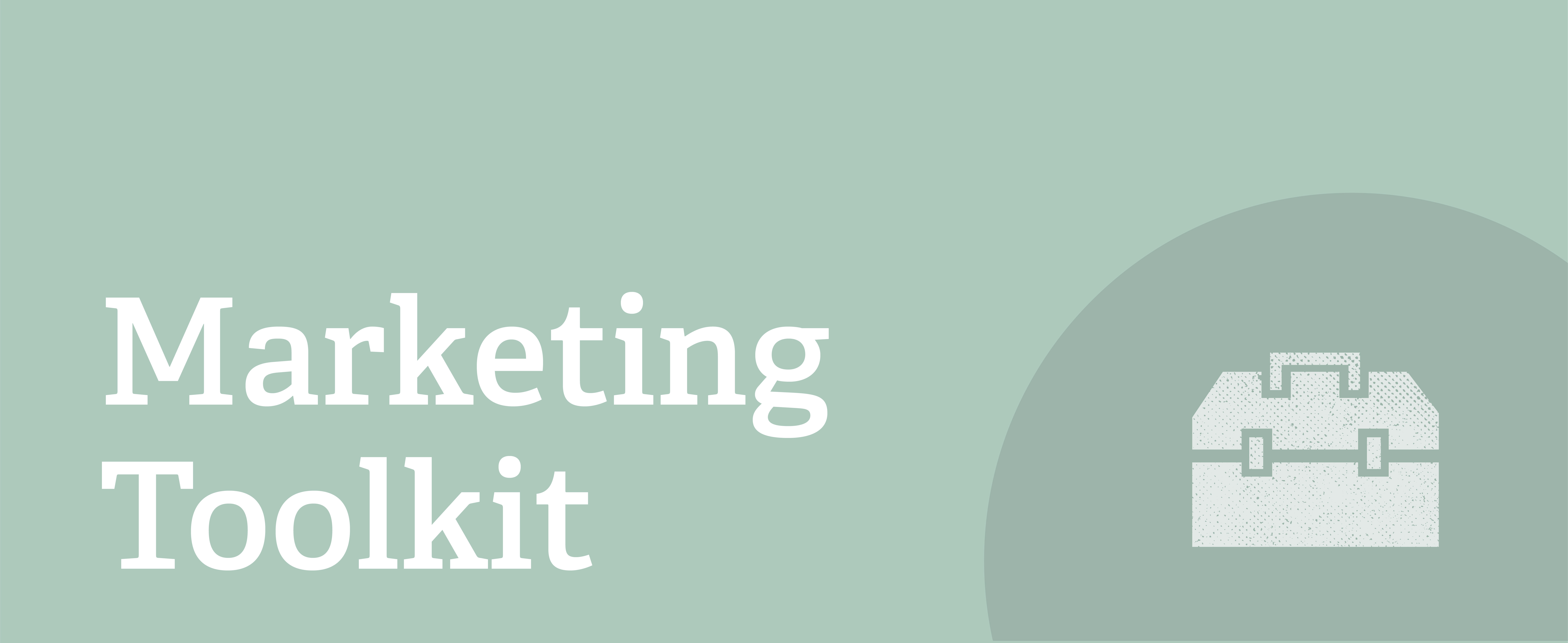An Introduction to Website Production
What is a CMS?
A content management system (CMS) is a web-based platform used for gathering and organizing a website’s content. That content typically includes text, images, audio and/or video files, PDFs and other files for downloading, and more. Not only is a CMS useful to those who organize the website, it plays a critical role in the public-facing user experience.
How does a CMS work?
Most CMSs use HTML code to write a set of rules and logic that locks in a particular front end final design and user experience. The code within a CMS dictates how webpages will serve content once published. This tool is also used to maintain and update already-published content in realtime.
What role does a CMS play in your marketing strategy?
Well crafted CMS is the cornerstone to a clean and interesting user experience. Like any design, the CMS needs to be both adaptable to changing design trends over time as well as structured enough to support a brand’s integrity. Well-crafted code in a solid CMS platform ensures bugs and other technical issues are easy to fix.
What are the benefits of a CMS?
There are several benefits of working with a CMS—as opposed to having a website built with custom code, and no way of managing it directly. Perhaps the most important is that content management systems offer a convenient way for non-developers to publish and update content. By giving marketers the tools to edit a website themselves, they can save time, money, and the errors that come with having more people in the workflow.
Keep Reading
Learn more about related tools, methods, and best practices in the Marketing Toolkit:
